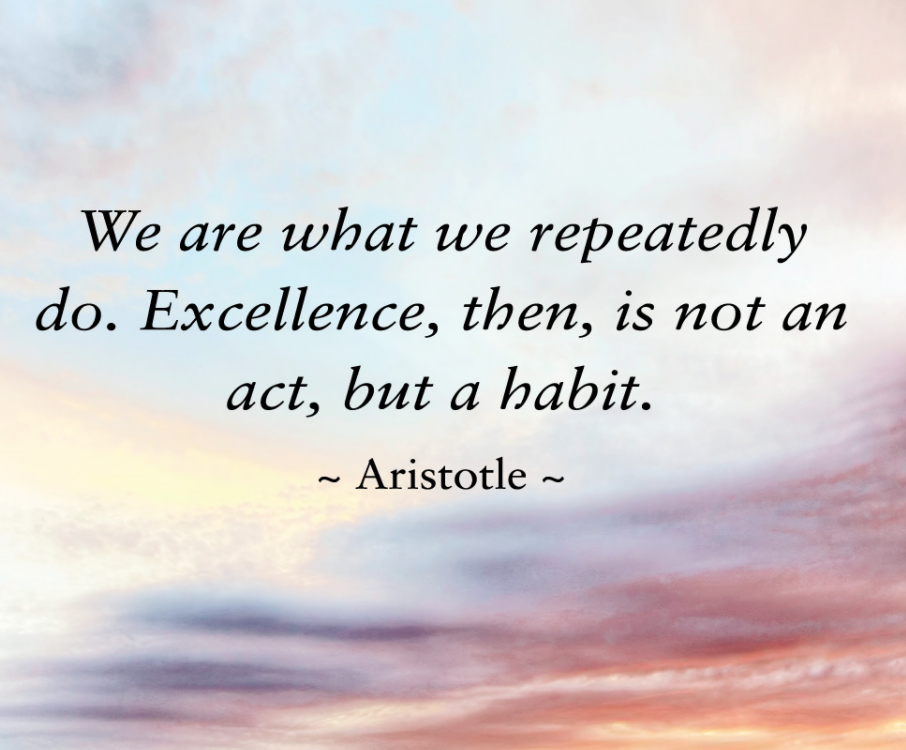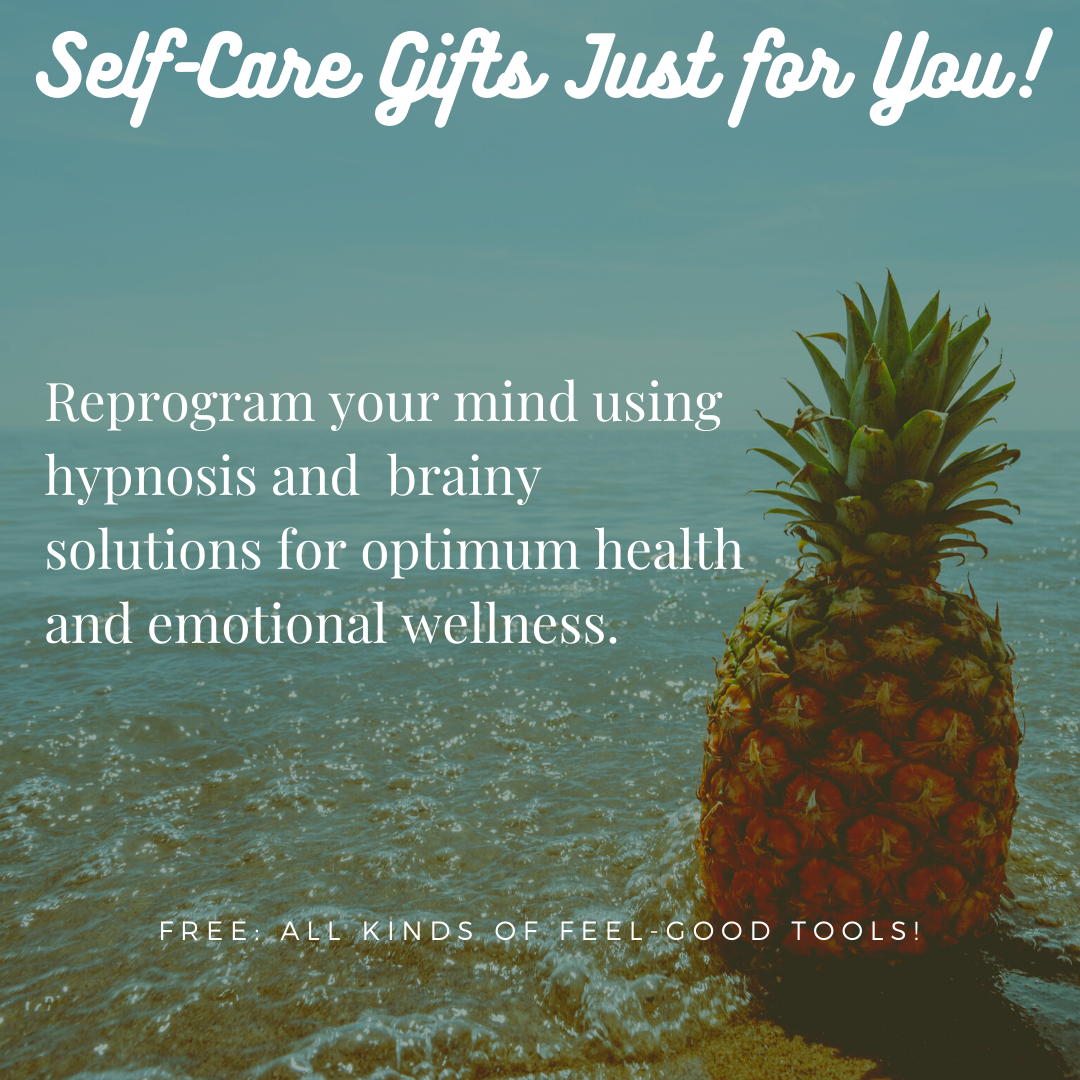Breaking Addictions and Bad Habits Once and For All
Breaking Addictions and Bad Habits Like a Pro:
|
|
|
Admittedly or not, bad habits and addictions can plague all of us to some degree. Some innocuous though disgusting examples of bad habits include nail biting, picking your nose and/or teeth, or clipping your nails in public (I remember eating at a restaurant where one of the servers was doing this where clean dishes were stored). Some addictions include drug and alcohol abuse, promiscuity, manipulation, and a love of drama and stirring up crap to get a rise out of others.
Going forward in this writing, please feel free to insert your own bad habits and addictions. Please forgive the lengthiness of this writing. It’s chock full of great information.
Let’s establish some definitions.
A bad habit is defined as a patterned behavior regarded as detrimental to physical or mental health, often linked to a lack of self-control. A bad habit can be overcome or “kicked” within a few months.
An addiction is a disorder characterized by repetitive engagement of negative behaviors despite harm to self and others. Addiction is a complex and inflexible repeated behavior. There is a strong scientific consensus that addictions can be hereditary.
It’s important to keep in mind that a bad habit can lead to an addiction.
I have fought food and alcohol addiction. Food addiction is still at the forefront of my challenges. To some degree, it can be argued that I am addicted to anger. Anger releases adrenaline (aka: Epinephrine) – we all love adrenaline. An adrenaline rush is stimulating and exciting. Thankfully, this is something I have learned to manage.
I believe there are specific words to apply to overcoming bad habits and addictions. I believe people change bad habits into good ones whereas addictions must be fought. There is a significant difference in the levels of intensity.
How do you overcome these challenges?
Breaking Addictions and Bad Habits:
|
- Disrupt: Once you identify your cues, you can engage in ways to throw bad habits off track. For example, if you tend to bite your pen, you may want to carry a picture of broken teeth. Refer to this picture every time you think about biting your pen.
- Replace: You must replace your bad habit with a good one. The new and better habit interferes with the bad habit and prevents your brain from going into autopilot. Having a healthy snack on hand every time you think about eating candy will increase your chances of success.
- Think Long Term: Bad habits satisfy a short-term desire. Eating candy will satisfy a sugar craving, but thinking about the long-term consequences of weight gain and rotten teeth can help you stay focused.
- Persist: Old habits will ultimately be replaced by new and better habits if you stick with it!
Breaking Addictions and Bad Habits:
Steps that really help
Acknowledge: Admit you have an addiction and create a list of the negative effects.
Take Responsibility: Admit and commit. Realize that this is your problem to overcome. But also keep in mind how it affects others.
Seek Help: Find a professional therapist and/or support group that you are comfortable working with. If you are worried about the financial cost, consider the bigger picture of what it is costing you and your loved ones.
Identify Triggers: What makes you feed the addiction?
Change your Environment: If you have a cigarette in your living room first thing in the morning, then avoid this room at all costs. Go outside or into the kitchen with your coffee.
Fill your time: Idle time will draw you back into your addiction. Take up a new hobby or get out of the house and volunteer.
Define and Track: It’s important to define measurable steps that can be monitored and reviewed periodically.
Imagine: Envision the “Future You” without the addiction. Focus on the improved you and the new life you are living. Make a list of the benefits of beating addiction.
Be Relentless: Never give up. Tell yourself that you will beat the addiction.
Celebrate: Take time to congratulate yourself for every bit of progress you make.
I hope you found this helpful. I also battled addiction to cigarettes. It was so bad that I wanted to smoke the butts and the nicotine patch! But I eventually quit – after numerous attempts. It is possible to prevail when it comes to breaking addictionas and bad habits. If I can do it, so can you! ~Ted



